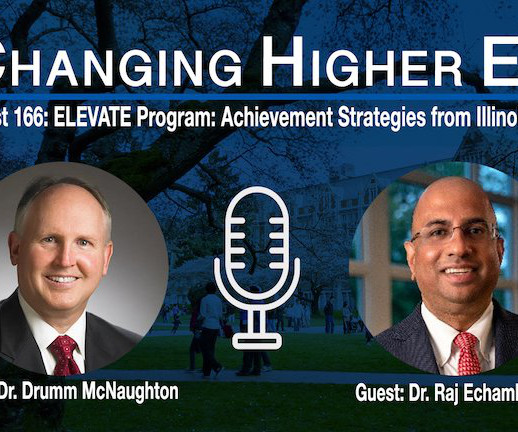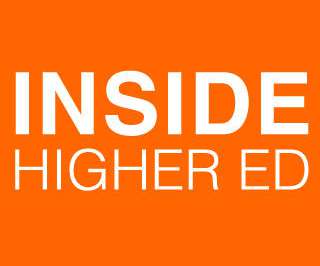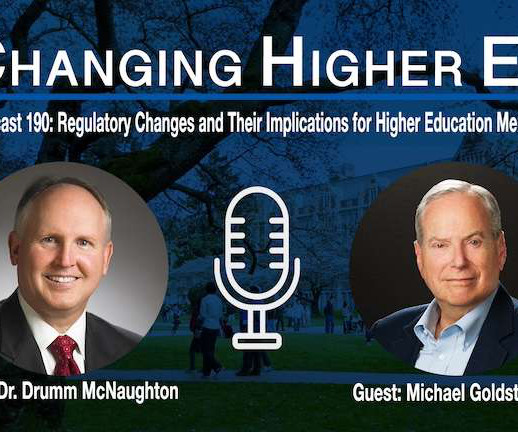US liberal arts could shift focus to help post-study work options
The PIE News
APRIL 18, 2024
Humanities departments in the US may need to shift their focus so international students can find better post-study work and garner a “wider variety” of international enrolments, stakeholders have suggested. Liberal arts students are afforded the fewest official opportunities for post-study work.



















Let's personalize your content